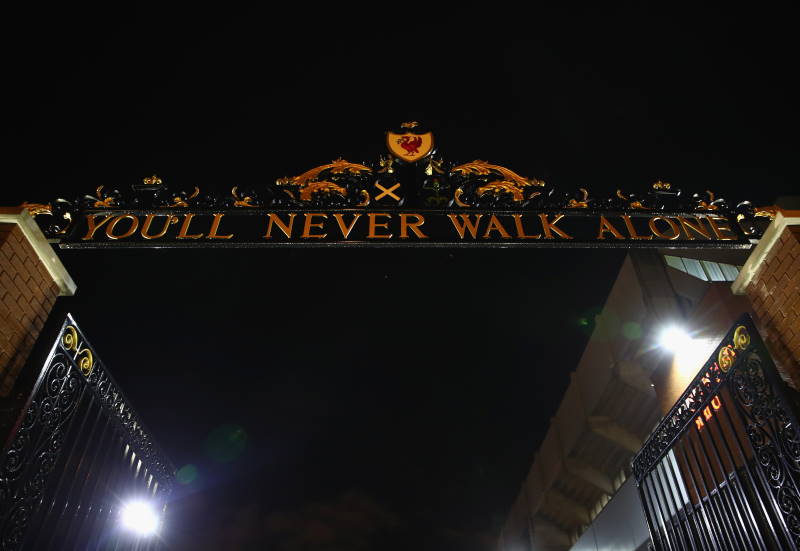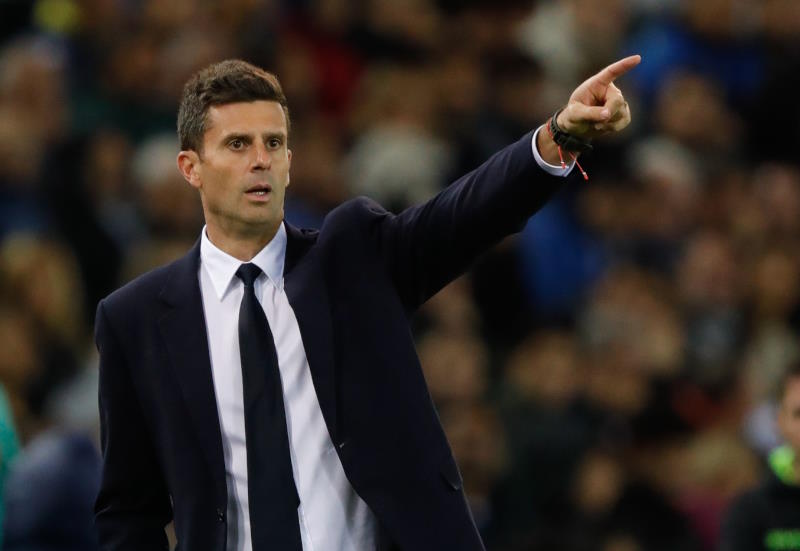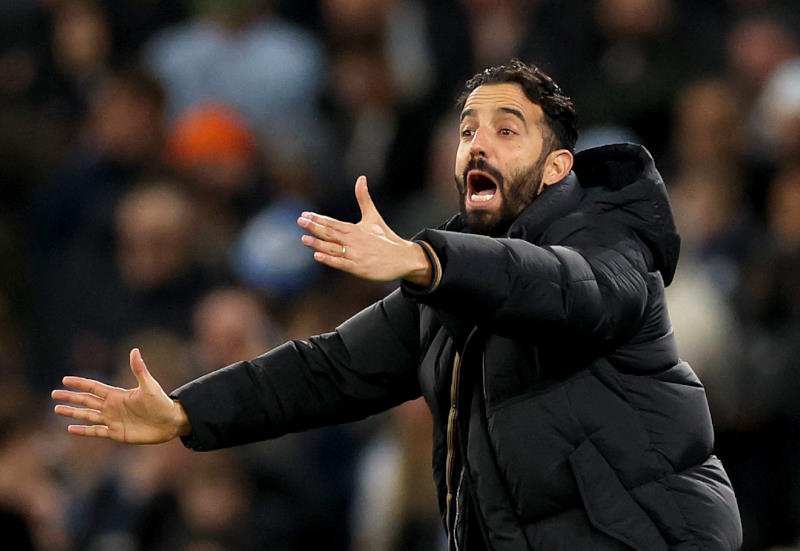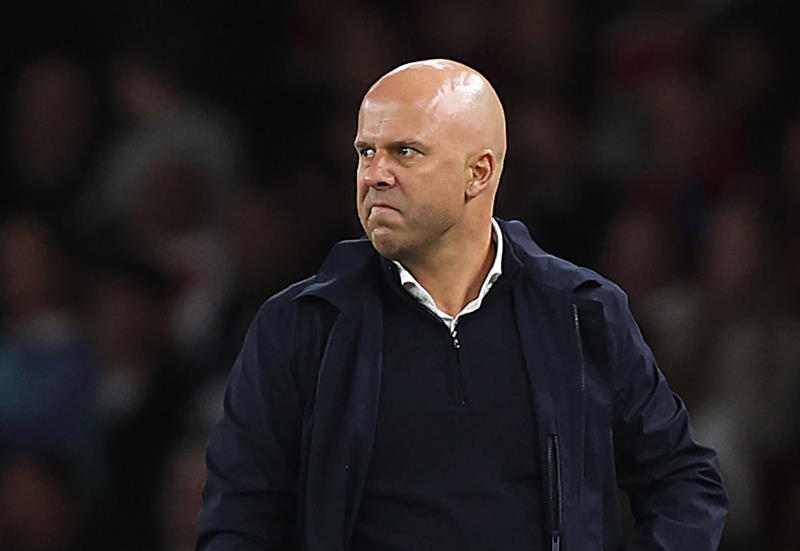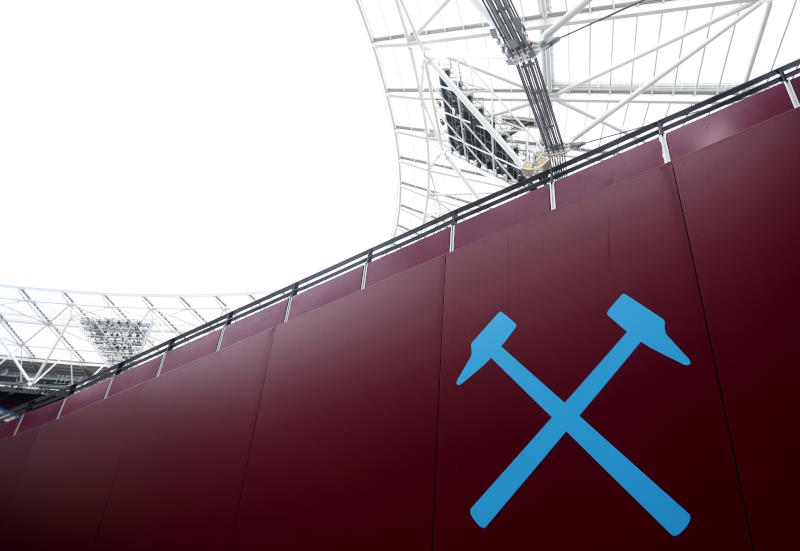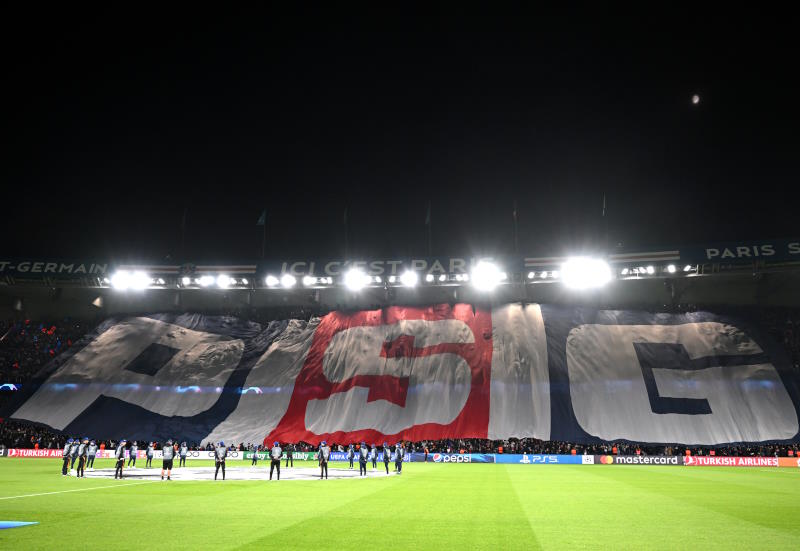
The recent developments in the Fernando Torres saga beg one simple question – is there any loyalty left in football anymore? The Spanish striker was apparently perfectly happy at Liverpool, but a bid from Chelsea managed to turn his head extremely quickly. Within a day or two, he had handed in a transfer request asking to leave the club he “loves” in order to join one of their biggest rivals.
Torres’ reasoning for the move, that he wants to win trophies, can’t really be argued with. Liverpool have been on a downward spiral in the last couple of years, and they are already out of the League Cup, the FA Cup and Premier League contention. The truth is that the Merseyside giants might have to make do with Europa League matches for a second season running next year, and fans across the world all know that Torres is better than that.
But there’s something a little unseemly about the way a player can be destabilised by a richer club in a matter of days. The former jewel in Liverpool’s attacking crown is the latest in a long line of players whose lack of loyalty has been manipulated by the buying club. As the old saying goes, Torres isn’t the first and sure won’t be the last.
Earlier this season, Wayne Rooney informed Manchester United that he wouldn’t be renewing his current contract, causing a frenzy of cheque book opening at Eastlands and Stamford Bridge, as well as in Spain. His stated reason, that United lacked ambition, was, to be frank, utterly bizarre. A few days later, he retracted the whole thing and signed a big fat contract for squillions of pounds.
A similar story, albeit a slightly quieter one, occurred a year or two ago when John Terry was reportedly considering his future. Manchester City were again lurking on the sidelines with a new contract and a shiny new pen in their hands, but the man they call "Mr Chelsea" ended up singing a lucrative extension to his current Chelsea deal instead.
In Rooney and Terry’s cases, it has to be asked whether it was the loyalty of the player that was being tested or the generosity of their current employers. It wasn’t that long ago that Ashley Cole, outraged at Arsenal’s apparent meanness, was holding secret meetings with Chelsea in a, later successful, bid to increase his earning power. Players have a right to look for the best deal they can get, of course, but sometimes fans have every right to wonder at the tactics they, and their agents, employ to get it.
Watching the comings and goings of the transfer window is a bizarre experience, with many deals leading to a domino effect that triggers others. For example, the Torres transfer was obviously dependent on Andy Carroll swapping Tyneside for Merseyside.
The English striker has moved for an apparent fee of £35M, a staggering price for a youngster with well under 50 Premier League games to his name. World Cup winner David Villa (70 Spain caps, 44 international goals) cost Barcelona around a million pounds less. Whether Carroll will prove to be an adequate replacement for Fernando Torres at Anfield remains to be seen.
In the aftermath of the Torres and Carroll sagas, there will no doubt be plenty of hand-wringing from supporters who can’t understand why these players aren’t more loyal to the badge they so love to kiss. The truth is, though, that in 99% of cases, they believe in giving their all for their employer, not the specific club.
In a game where money talks and everything else walks, the most loyal people are the supporters, pure and simple. Even the most emotional one-club players in football are only a fraction as loyal as the average fan on the terraces and in the seats. So all supporters who pay a small fortune for a ticket, should remember that the big-time Charlies on the pitch are dedicated, but not as dedicated as you are.
Photo courtesy: Chelsea TV

